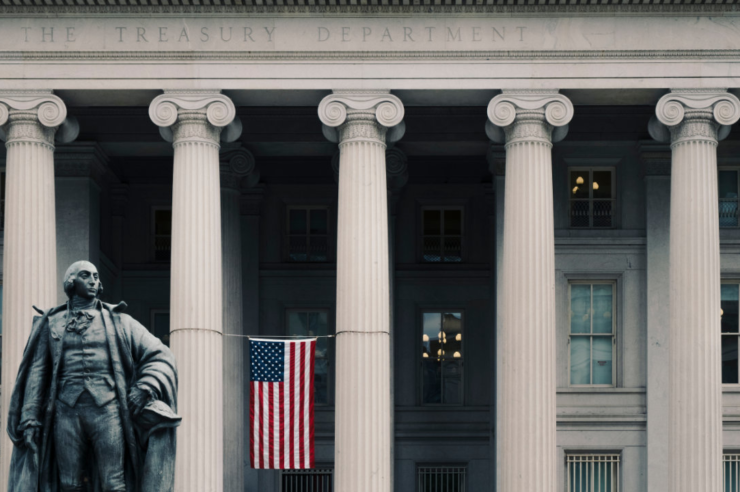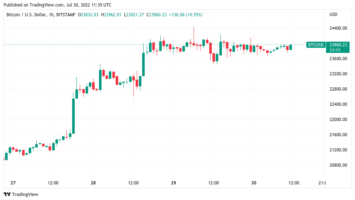
The U.S. treasury department has warned that non-fungible tokens (NFTs) may present new illicit finance risks. According to industry estimates, the NFT market could reach $35 billion in 2022 and more than $80 billion by 2025.
NFTs May Present Illicit Finance Risks
The U.S. Department of the Treasury announced Friday the release of a “study on illicit finance in the high-value art market.” The study was mandated by Congress in the Anti-Money Laundering Act of 2020.
“This study examined art market participants and sectors of the high-value art market that may present money laundering and terrorist financing risks to the U.S. financial system,” the Treasury wrote, adding:
The emerging digital art market, such as the use of non-fungible tokens (NFTs), may present new risks, depending on the structure and market incentives.
In order to combat the risks, the study recommends several options, including updating training for law and customs enforcement, enhancing private sector information sharing, and applying anti-money laundering and countering terrorism financing requirements to certain participants in the art market.
According to Dappradar, NFT sales volume totaled $24.9 billion in 2021, compared to $94.9 million in the previous year. Jefferies’ analysts have estimated that the market for NFTs could reach $35 billion in 2022 and more than $80 billion by 2025.
The rising popularity of NFTs has attracted scammers and caused concerns among regulators.
“Scams promising big returns on cryptocurrencies and NFTs are flooding the Internet,” T. K. Keen, administrator for the Division of Financial Regulation of the U.S. state of Oregon, warned in January. “Investors wanting to purchase cryptocurrencies and NFTs should do their homework to make sure they fully understand these investments and their risks before getting involved.”
What do you think about the Treasury’s warning about NFTs? Let us know in the comments section below.
Image Credits: Shutterstock, Pixabay, Wiki Commons
Disclaimer: This article is for informational purposes only. It is not a direct offer or solicitation of an offer to buy or sell, or a recommendation or endorsement of any products, services, or companies. Bitcoin.com does not provide investment, tax, legal, or accounting advice. Neither the company nor the author is responsible, directly or indirectly, for any damage or loss caused or alleged to be caused by or in connection with the use of or reliance on any content, goods or services mentioned in this article.






















Comments (No)